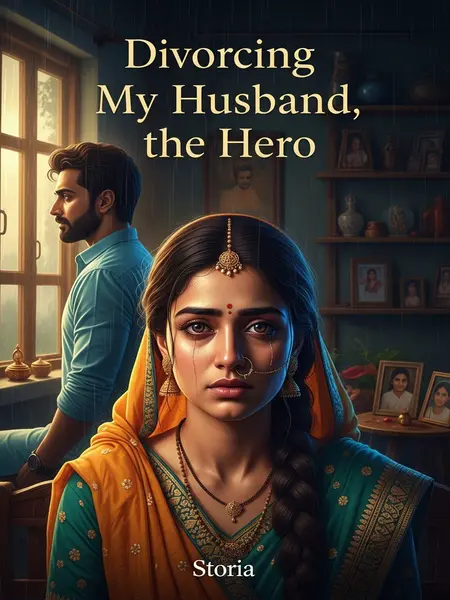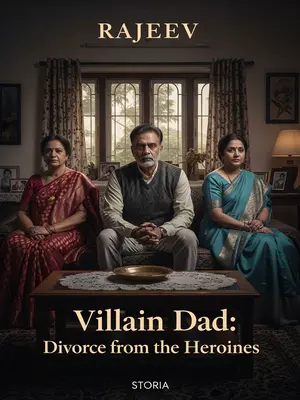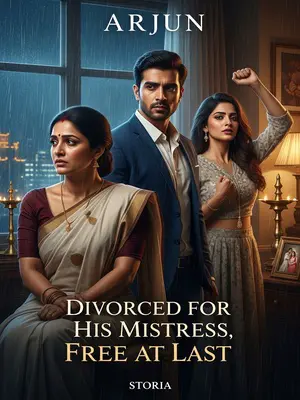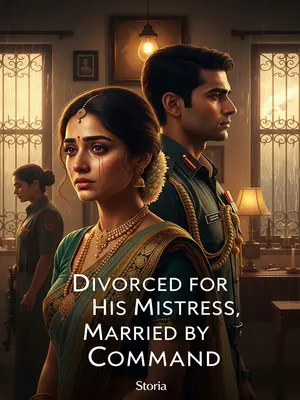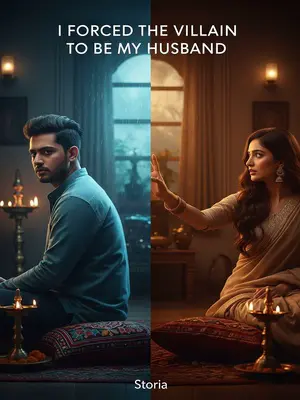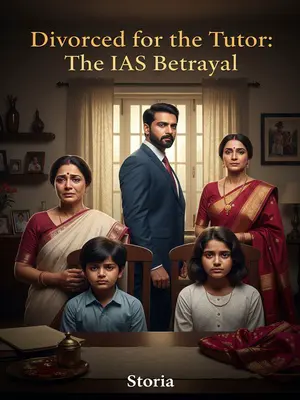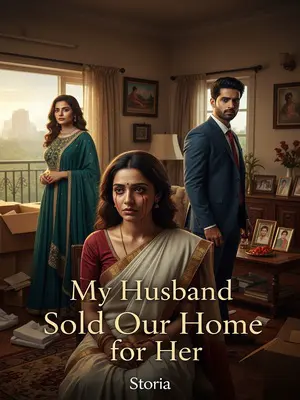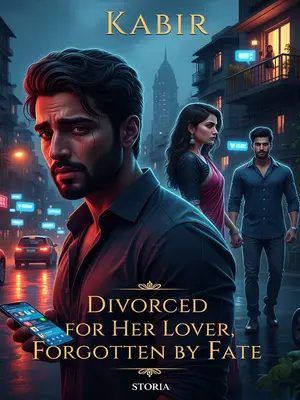Chapter 4: Fractures and Fates
After lunch, I returned to our flat alone.
The silence pressed down on me—just the lazy whir of the ceiling fan and the distant honking from below. Soon, Arjun began working later, coming home with faint traces of unfamiliar perfume clinging to his shirts.
At first, I felt hurt. Eventually, the pain dulled. I stopped asking questions, started switching off the TV earlier, and waited less at the dinner table. But every month, our nights burned with even more intensity—like we were both clinging to something already half gone.
A few days later, Arjun and I visited the Sharma bungalow. Maaji greeted us with her famous chicken soup. I hadn’t even taken a sip before nausea washed over me.
The walls were crowded with old photos, the air thick with incense and home-cooked aromas. Maaji’s eyes sparkled with hope. "Oh, are you pregnant?"
She pressed her hands to her mouth, excitement trembling in her voice. I fidgeted with my saree pallu, glancing at the framed photo of the family deity on the wall. Before I could answer, Arjun cut in, "Impossible."
His tone was sharp, and Maaji’s face fell. She refused to believe him, insisting Arjun take me to the hospital.
On the drive, Arjun was all business. "I remember—we always took precautions."
I forced a smile. "Tumhe bacche pasand nahi?"
He lowered his eyes. "I don’t want kids."
Bullet comments swarmed:
[It’s not that he doesn’t like kids, he just doesn’t want anyone else in his life except the heroine.]
[Is the supporting female pregnant?]
[If I remember right, next the supporting female tries to use the baby to threaten the hero, but he just tells her to get an abortion.]
[The hero will soon run off with the heroine. Where does that leave the supporting female?]
[She still has to cause drama, or how else can the main couple’s love shine?]
[So cliché. The author must’ve never eaten dal chawal.]
I cursed inwardly. Ma always said, “Don’t let anyone write your story for you, beta.” But here I was, watching strangers do exactly that.
The drive was silent except for the ticking indicator and the distant blare of a lorry horn. Arjun took me to the hospital anyway. As we waited for the results, his phone rang—Sneha’s name flashed on the screen.
He hung up, eyes darting from the printer to me. "Meera, urgent kaam aa gaya. Tum report le lo aur ghar chalo—I’ll talk to you later."
I looked at his phone, my chest tightening. "Can’t you wait? The results will be out any minute."
He frowned, glancing at the screen. "Meera, I really can’t."
I lowered my eyes. "Theek hai, jao."
He hesitated, hand hovering as if to stroke my hair, but then hurried off.
Bullet comments wouldn’t stop:
[The hero’s off to save the heroine.]
[The scene I want is finally coming.]
[I want to see the steamy part...]
Not long after Arjun left, the nurse handed me the report. Her glass bangles jingled as she passed the file, and from the corridor came the sharp, plaintive wail of someone’s baby—piercing through my daze. Five weeks pregnant.
Just like the bullet comments said. My fate was being written by strangers, line by line.
Sitting on the hard bench, the antiseptic smell in my nose, I asked myself again: Why am I always cast as the villain in someone else’s shaadi drama?
I’m alive—I breathe, I feel. Why should I be a side character in someone else’s story?
So I called my lawyer, shifted my savings, and drafted the divorce papers. Before signing, I paused—my fingers brushing over my mangalsutra, my gaze lingering on our wedding photo on the wall. My hands trembled as I signed, but my heart felt strangely light, as if I’d finally stepped into spring after a long winter.
My lawyer promised everything could be settled in three days.
Arjun returned late that night. I pretended to sleep as he stood by the bed for a long moment, then tucked the blanket around me with a gentle hand. The shower ran in the bathroom, water hitting the tiles in a slow, mournful rhythm. Maybe it was the pregnancy, but I drifted off, dreamless.
